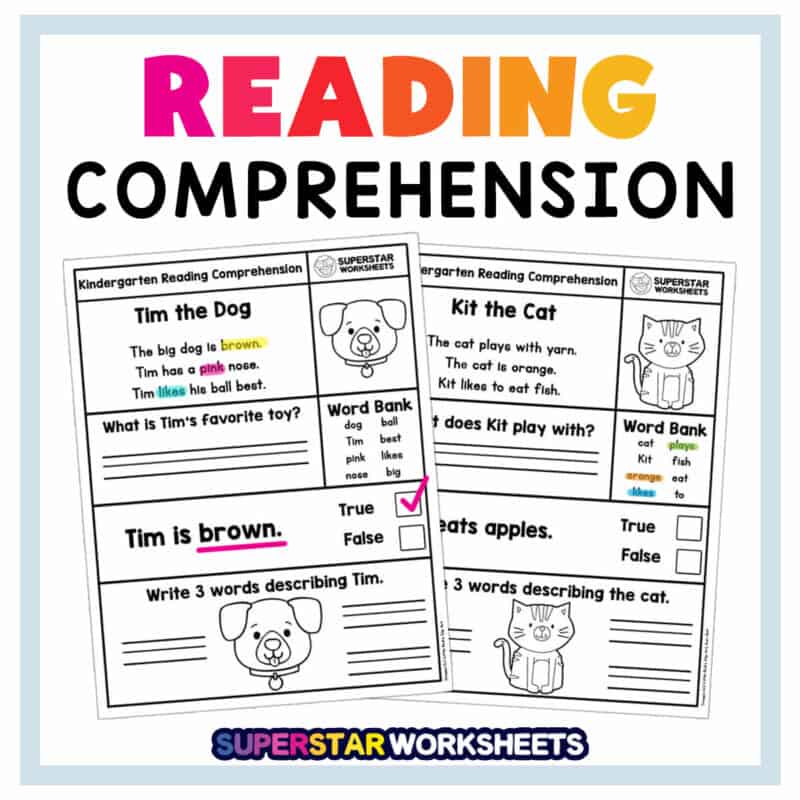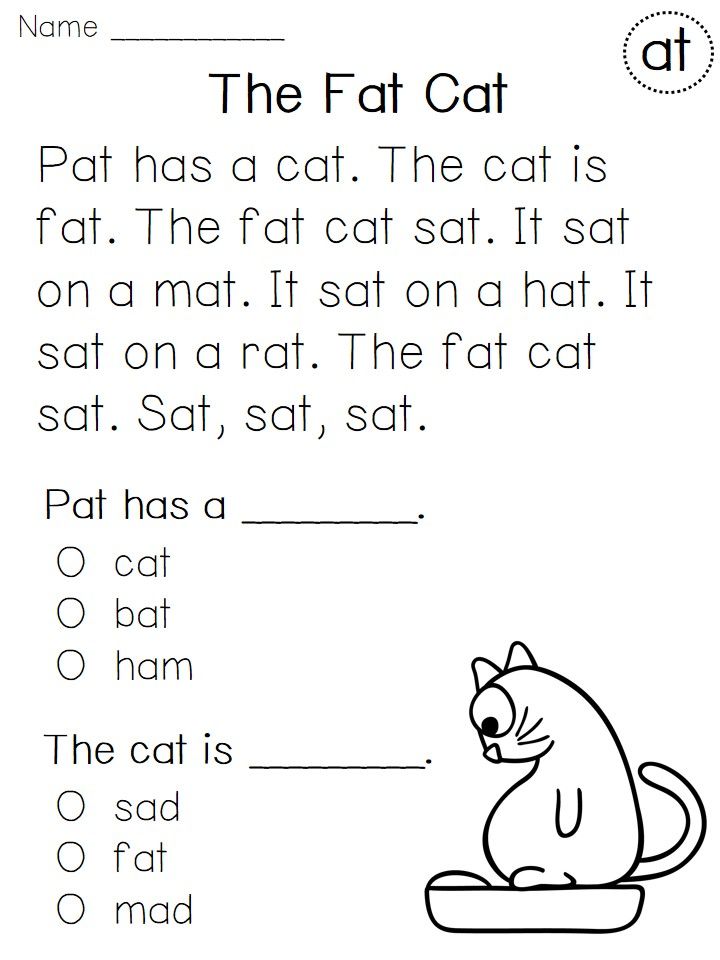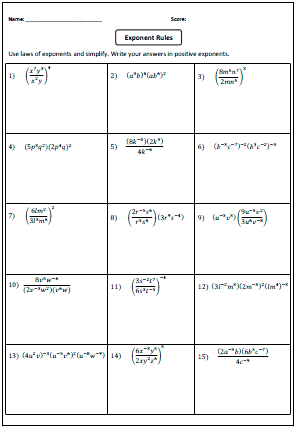Kindergarten Reading Worksheets for Early Learners Success

Setting the Foundation for Lifelong Reading Success
In the world of kindergarten, reading is one of the most essential skills that children can develop. Not only does it lay the groundwork for future academic success, but it also fosters a lifelong love of learning and exploration. As a parent or educator, providing your child with engaging and interactive kindergarten reading worksheets can make a significant difference in their reading journey.
Benefits of Kindergarten Reading Worksheets
Using kindergarten reading worksheets offers numerous benefits for early learners, including:
- Improved phonological awareness: Worksheets help children develop an understanding of the relationship between sounds and letters.
- Enhanced vocabulary: Exposure to new words and phrases expands their vocabulary and builds a strong foundation for future reading skills.
- Develops fine motor skills: Tracing and writing activities help strengthen fine motor skills, hand-eye coordination, and dexterity.
- Boosts confidence: Completing worksheets gives children a sense of accomplishment, building their confidence and motivation to continue learning.
Types of Kindergarten Reading Worksheets
There are various types of kindergarten reading worksheets that cater to different learning styles and objectives. Some popular options include:
- Alphabet tracing worksheets: Help children develop their fine motor skills and learn the correct formation of letters.
- Phonics worksheets: Focus on specific phonemes, such as word families (-at, -an, -in) or beginning sounds.
- Sight word worksheets: Introduce common sight words, building recognition and fluency.
- Story sequencing worksheets: Encourage children to arrange pictures or words in the correct order, promoting comprehension and narrative skills.
Creating Engaging Kindergarten Reading Worksheets
To make kindergarten reading worksheets engaging and effective, consider the following tips:
- Use colorful images and illustrations: Capture children’s attention and make learning fun.
- Keep it simple and concise: Use clear, easy-to-understand language and avoid overwhelming content.
- Incorporate games and activities: Add interactive elements, such as mazes, matching games, or connect-the-dots, to make learning enjoyable.
- Differentiate instruction: Cater to various learning styles and abilities by offering a range of worksheets and activities.
Sample Kindergarten Reading Worksheet

| Word | Picture | Tracing |
|---|---|---|
| CAT |  |
|
| DOG |  |
|
| SUN |  |
📝 Note: This is just a sample worksheet, and you can adjust the content and design to suit your child's needs and interests.
Conclusion
Kindergarten reading worksheets are a valuable tool in helping children develop essential reading skills and build a strong foundation for future academic success. By incorporating engaging and interactive worksheets into your child’s daily routine, you can set them on the path to becoming a lifelong learner and enthusiastic reader.
What is the ideal age for starting kindergarten reading worksheets?
+The ideal age for starting kindergarten reading worksheets is around 4-5 years old, but it ultimately depends on your child’s individual developmental readiness.
How often should I use kindergarten reading worksheets with my child?
+Aim to use kindergarten reading worksheets 2-3 times a week, allowing your child to practice and reinforce their skills without feeling overwhelmed.
Can I create my own kindergarten reading worksheets at home?
+Absolutely! You can create your own kindergarten reading worksheets using everyday materials, such as paper, pencils, and markers, or utilize online resources and templates.



